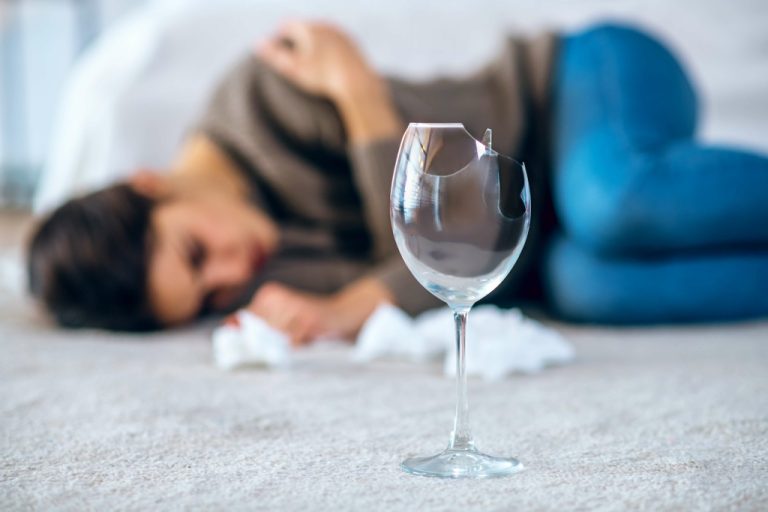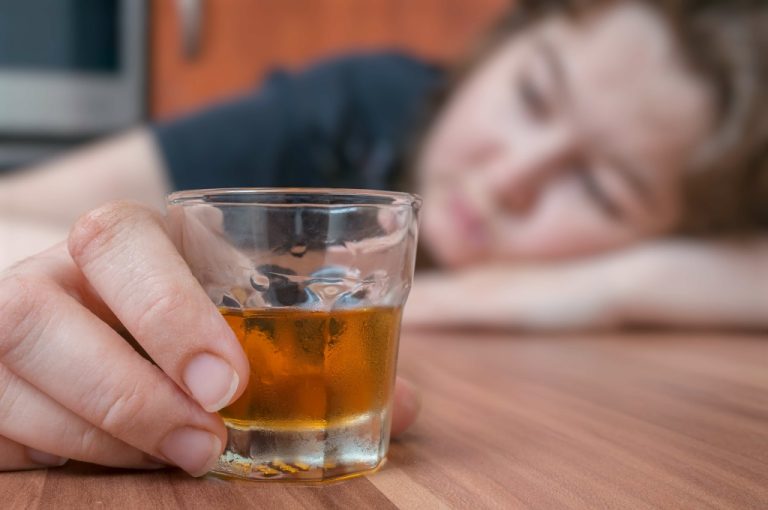Anxiety After Drinking: Can Drinking Cause Depression? FHE Health
30 Haziran 2023If you experience any of these symptoms and they are interfering with your daily life and/or putting you at major risk for relapse, do not be afraid to reach out to your doctor. A big reason many people experience depression after giving up alcohol involves alcohol’s impact on the brain. For resources related to AUD, including how to get support, please visit the NIH website. We’ve also partnered with Moderation Management, a non-profit dedicated to reducing the harm caused by the misuse of alcohol. Improving your mental health takes patience, self-compassion, trial https://maha24tass.com/archives/20225 and error, and most importantly — support.
- These issues can create more anxiety as you cope with their symptoms.
- If you find yourself relying on alcohol to manage anxiety, seeking professional help is crucial.
- However, anxiety for several days may also indicate someone has an anxiety disorder.
- Since the impulses that are normally suppressed by ration become obvious, people who are usually calm might become excessively emotional after consuming alcohol, or those who are alcohol intoxicated might be overwhelmed with sadness.
Can long-term alcohol use cause anxiety disorders?
- In addition, a random 20% of those with no evidence of a mental disorder (CIS–R score Î 6) were also followed-up.
- When one is coming off the high from the alcohol or experiencing a hangover, their anxiety may become heightened, leading to nervousness, worries, or dread.
- People with AUD may also experience alcohol withdrawal, which can involve physical symptoms of anxiety, such as rapid heartbeat, nausea, and shaking.
- We’ve also partnered with Moderation Management, a non-profit dedicated to reducing the harm caused by the misuse of alcohol.
- During withdrawal from heavy drinking, people may develop delirium tremens, a complication of withdrawal marked by psychotic symptoms, such as hallucinations.
Adults who met criteria for alcohol use disorders also had a higher risk for depression. In her professional career, Cayley’s primary goal is to empower patients to lead fulfilling lives by guiding them toward effective therapeutic regimens. Adopting a holistic approach to mental health, she places great emphasis on comprehensive treatment that encompasses medication management, supportive therapy, and lifestyle modifications.
Social embarrassment

If you find yourself wondering whether quitting alcohol will reduce your anxiety, you may find it comforting to learn that it can! Since you know now that alcohol actually only makes anxiety worse in the long run, it’s time to explore healthier and more effective ways does alcohol give you anxiety to feel relief. This is one reason why many people rely on alcohol if they’re experiencing symptoms of anxiousness. However, the relaxed feelings can quickly wear off and turn into feelings of anger, depression, or anxiety. Alcohol is a depressant, so it can disrupt the balance of neurotransmitters in your brain, ultimately affecting how you feel, think, and behave.

Impact on behavior and judgment
Yes, there are effective treatments for managing alcohol withdrawal symptoms. Detoxification is often the first step, where the body is gradually cleaned of alcohol under medical care. Outpatient therapy offers ongoing support and counseling to help with the mental challenges of withdrawal. Support groups provide community and shared experiences, which are very helpful during recovery. Medications for withdrawal are also available, helping to ease anxiety Alcoholics Anonymous and depressive symptoms and reduce the risk of severe withdrawal effects.
- People with anxiety disorders may have both psychological symptoms, such as apprehensiveness and irritability, and somatic symptoms, such as fatigue and muscular tension.
- Symptoms of this include racing thoughts, trembling, and trouble breathing.
- These blues usually don’t linger, though, so you’ll probably feel better in a day or so.
Can healthcare professionals diagnose alcohol-related anxiety and depression?
While moderate alcohol consumption may not lead to immediate mental health concerns, excessive or chronic alcohol use can increase the risk of mental health disorders such as depression, anxiety, and psychosis. Alcohol’s effects on the brain and emotional state can make it harder for individuals to cope with stress, leading to a cycle of drinking and emotional distress. One of the most concerning aspects of alcohol consumption is its potential to cause mental illness. While drinking alcohol itself doesn’t necessarily cause mental health disorders, it can increase the risk of developing mental health issues, especially when consumed in large quantities or over a prolonged period. Chronic alcohol abuse can also worsen existing mental health conditions.
Anxiety and depression was used as a diagnostic category, as most people with significant psychiatric problems have symptoms of both, and many meet the criteria for more than one diagnosis. It comprises 14 sections, with possible scores within each ranging from 0 to 4 (except the section on depressive ideas which has a maximum score of 5). A total score of 12 or more was used to indicate the presence of disorder. Owing to questions relating only to the previous week, a true measure of incident anxiety and depression was not obtainable for the period between baseline and follow-up, as cases may have presented and then subsequently recovered. However, this phrase, or ‘new onset’, will be used as shorthand with the understanding that a random misclassification may have occurred. It is recognised that the CIS–R can be used to diagnose generalised anxiety disorder, and yet produce a score less than 12.